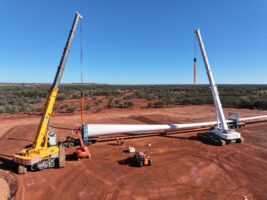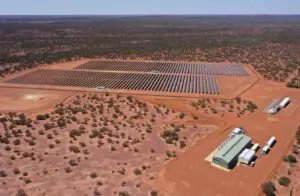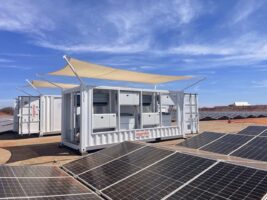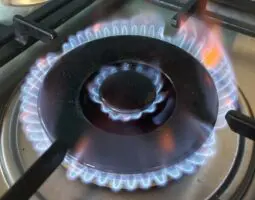Swiss solar module maker Meyer Burger has announced its intention to wind up panel production in Germany, citing “grave market distortion” and better investment conditions in the U.S. as the main reasons.
“In absence of political measures to ensure fair competition conditions, the aim is to eliminate unsustainable losses,” the company said.
Overcapacity of solar panel production in China that leads to dumping prices as well as trade restrictions imposed by India and the U.S. had created unacceptable distortion on the European market that thwarted the company’s strategy and “made full-scale production no longer possible,” Meyer Burger said.
According to the company, its plant in Saxony – the largest solar module production site in Europe, employing about 500 people – should be closed as early as April this year. A final decision on the further course would be made by the end of February, it added.
The company said it will intensify its efforts on the U.S. market, which then benefits from “the leading research and development” achieved in Europe.
“Cell production in Germany will be continued to prepare for scaling up module production in the U.S.,” which from now on will be the company’s focus region for achieving profitable growth thanks to its attractive industrial policy centred on the Inflation Reduction Act (IRA).
“The U.S. currently is by far the most attractive market for solar manufacturers.”
Meyer Burger said the relocation of its production capacities would increase Europe’s dependence on China as a hardware supplier and make the transition towards solar energy less reliable in the long run.
Measures to support production in Europe, such as the EU’s Net-Zero Industry Act (NZIA), have so far failed to provide reassurances that production conditions in the region will improve, it argued.
Earlier this month, several German state governments called for special support for solar power products manufactured in the country or the European Union in order to strengthen the domestic industry against cheap Chinese products, after several producers complained that profitable operations are no longer possible in Europe.
Germany plans to triple its solar power capacity by 2030, and the EU is considering introducing quotas for domestic solar technology production in the framework of the NZIA. Although demand for solar power systems is stronger than ever, the supply of cheaper Chinese PV modules has caused prices to fall.
Clean Energy Wire. Reproduced with permission.










